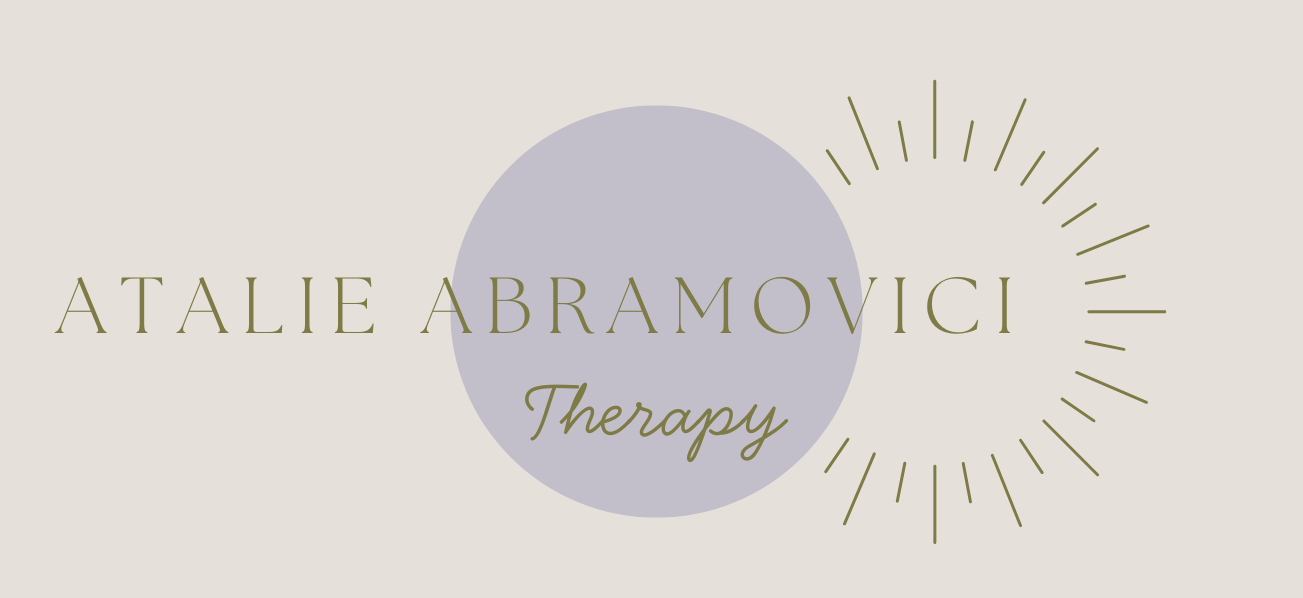
INDIVIDUAL THERAPY
Individual Therapy in Los Angeles, CA
-

Anxiety
Living with anxiety can feel like your mind is constantly running—spinning with worry, self-doubt, or what-ifs. Whether it's persistent overthinking, social anxiety, or panic, therapy can help you slow down and reconnect with a sense of calm and inner steadiness.
In our work together, we’ll explore the roots of your anxiety and how it shows up in your thoughts, body, and relationships. Using a compassionate, client-centered approach, I integrate mindfulness practices, cognitive and acceptance-based strategies, and emotional insight to help you find relief and build a more grounded, empowered relationship with yourself.
-

Depression
Depression can make life feel heavy, isolating, and disconnected—from yourself, from others, and from what once brought you joy. You don’t have to navigate that alone.
Our work will focus on creating space for your emotions without judgment, exploring the meaning behind your experience, and gently reconnecting you to hope, agency, and your sense of self. I draw from humanistic and existential frameworks, as well as evidence-based tools from CBT, ACT, and narrative therapy, to support your healing and growth.
-

Self Esteem
Low self-esteem can touch every part of life—how you speak to yourself, how you show up in relationships, and what you believe you're worthy of. But your worth is not up for debate—and therapy can help you reclaim it.
In our work together, we’ll gently explore where self-doubt or inner criticism stems from, and begin to nurture a more compassionate, confident, and grounded relationship with yourself. I support this growth through humanistic, strengths-based, and narrative approaches that honor your voice, values, and identity.
-

ADHD
Living with ADHD can be frustrating and overwhelming—especially when it impacts your focus, organization, relationships, or self-esteem. But ADHD is more than just a challenge—it's a different way of experiencing the world.
Together, we’ll work to understand how your ADHD shows up uniquely for you, untangle the shame that can come with it, and identify strategies that align with your brain and values. I offer a non-pathologizing, strengths-based approach that supports executive functioning, emotional regulation, self-compassion, and authenticity.
-

Developmental Trauma
Trauma can manifest in many ways, particularly when early life experiences disrupt our sense of safety, trust, and self-worth. Complex trauma, or developmental trauma, often arises from early relational difficulties, such as emotional neglect, inconsistent caregiving, or attachment disruptions. These experiences can affect a person’s ability to form healthy relationships, manage emotions, and feel a sense of self-agency and confidence.
I work from a developmental and attachment-focused lens, recognizing that many present-day struggles are rooted in early relational experiences. I am IFS-informed (Internal Family Systems) and help clients understand and work with different “parts” of themselves — such as protective parts, inner critics, and younger wounded parts — with curiosity and compassion rather than judgment.
Through this approach, we explore how attachment patterns and family systems have shaped your sense of self, relationships, and coping strategies. Together, we work to create more internal balance, emotional safety, and flexibility, allowing you to respond to life from a more grounded and authentic place.
-

Trichotillomania
Hair-pulling can feel confusing, distressing, and difficult to talk about—but you’re not alone, and it doesn’t define you.
In therapy, I offer a compassionate, non-judgmental space to understand the emotional and behavioral patterns behind hair-pulling. I draw from Dialectical Behavior Therapy (DBT), Acceptance and Commitment Therapy (ACT), and Habit Reversal Training (HRT) to help you better understand your urges and responses. Together, we explore the difference between focused pulling (when urges feel intentional or emotionally driven) and automatic pulling (when it happens outside of awareness), and identify the internal and external triggers that contribute to each. From there, we build practical skills for increasing awareness, regulating emotions, tolerating distress, and developing alternative behaviors that support relief without shame.
The goal of our work together is not just to reduce the pulling, but to explore your relationship with this behavior, what needs it may be meeting, and how we can support you in finding relief, so that you can feel more empowered, present, and at peace with yourself.
-

Relational Stress
Our relationships can be a source of deep connection—but they can also bring stress, confusion, and emotional pain. Whether you're struggling with boundaries, communication, family dynamics, or a sense of disconnection, therapy can help you feel more grounded and empowered in your relationships.
I work from an attachment-focused and systemic lens, helping you understand relational patterns, identify your needs, and strengthen your ability to connect while honoring yourself. Together, we’ll explore new ways of relating that feel more aligned and supportive.
-

Life Transitions
Life transitions—such as career changes, moving, relationship shifts, or loss—can bring uncertainty, stress, and self-doubt. Adjusting to these changes may feel overwhelming, but it also presents an opportunity for personal growth and transformation.
In therapy, I help you navigate these transitions by providing support in understanding your emotions, clarifying your values, and developing practical strategies for adapting to new circumstances. Together, we’ll explore how to embrace change with resilience and create a clear path forward that aligns with your evolving sense of self.
